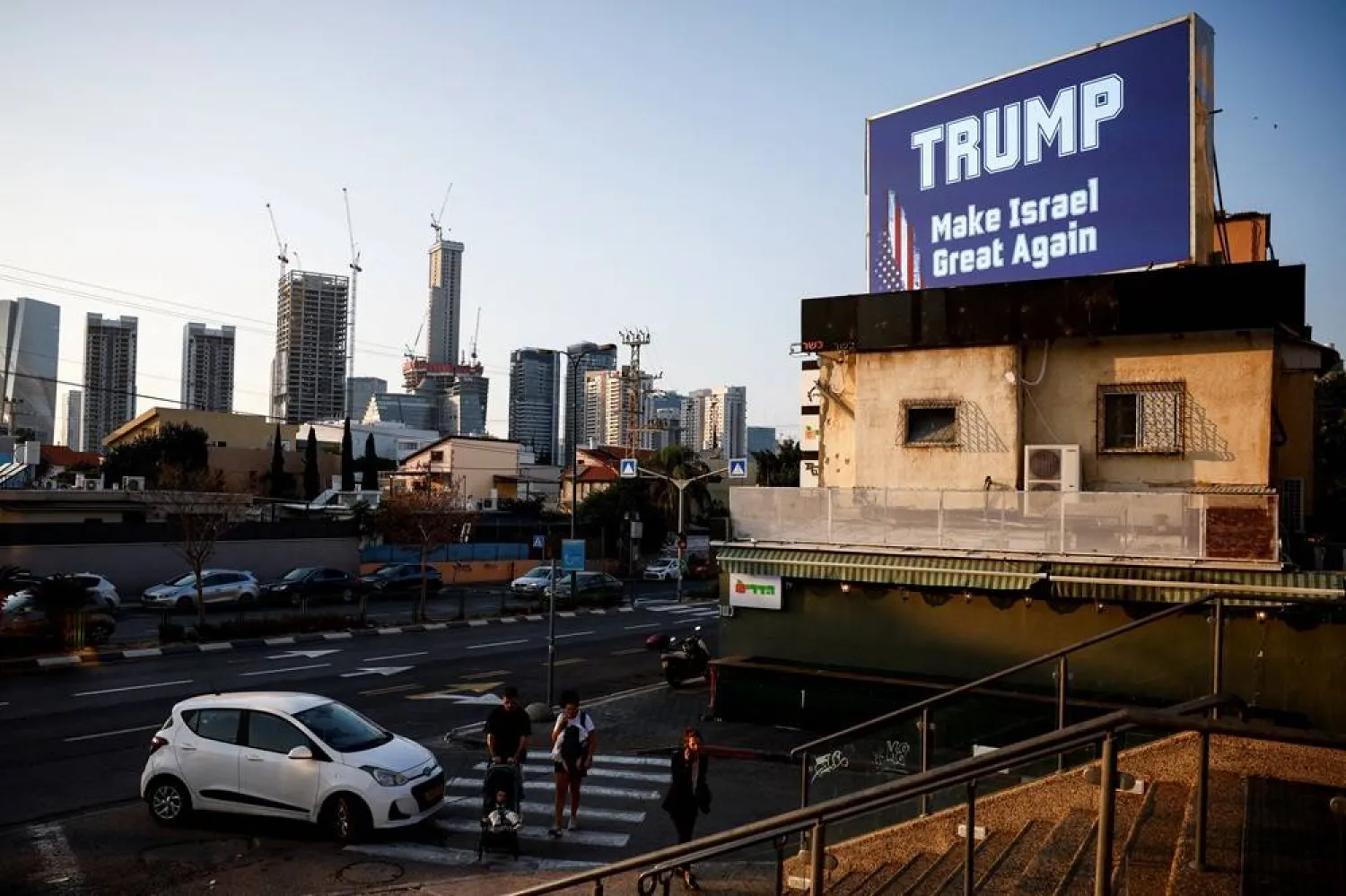Israeli Prime Minister Benjamin Netanyahu and his supporters celebrated the prospect of Donald Trump returning to the White House next year, hailing what a leader of the settler movement called an ally who would support them "unconditionally".
Congratulating Trump, Netanyahu said the former president was set for "history's greatest comeback".
"Your historic return to the White House offers a new beginning for America and a powerful recommitment to the great alliance between Israel and America," he said in a statement, which was echoed by the leaders of the hard-right nationalist religious parties in his coalition.
The Palestinian armed group Hamas, which has been fighting Israel for more than a year in Gaza, said the election was a matter for the American people, but it called for an end to the "blind support" for Israel from the United States.
"We urge Trump to learn from (President Joe) Biden's mistakes," Hamas official Sami Abu Zuhri told Reuters.
The outcome is a relief for Netanyahu's coalition, which has clashed with Biden's Democratic administration over the conflicts in Gaza and Lebanon that have fueled protests worldwide and left Israel increasingly isolated internationally.
The first Trump administration delivered major wins to Netanyahu, when it went against most of the world in recognizing Jerusalem as Israel's capital and accepting Israeli sovereignty over the Golan Heights.
Israel's settler leaders also welcomed the election results after Biden's administration imposed sanctions and asset freezes on settler groups and individuals involved in violence against Palestinians in the Israeli-occupied West Bank.
"We expect to have an ally standing unconditionally beside us as we fight the battles that are a war on the entire West," Israel Ganz, chairman of the main Yesha settler council, said in a statement to Reuters.
Underscoring the tensions, around 10 rockets were fired from Lebanon into Israel on Wednesday targeting locations including the coastal city of Tel Aviv with no injuries, the Israeli military said.
Television footage showed part of a rocket that appeared to have been shot down by air defense systems smashing a car in the Israeli city of Raanana, close to Tel Aviv.
Nearly two thirds of Israelis believe Trump would be better for Israel than his Democratic Party rival Kamala Harris, according to a survey from the Israel Democracy Institute.
"I think it's good for Israel," said Jerusalem resident Nissim Attias. "He proved the last time he was the president, he moved the embassy from Tel Aviv to Jerusalem and everything that he said, he did."









